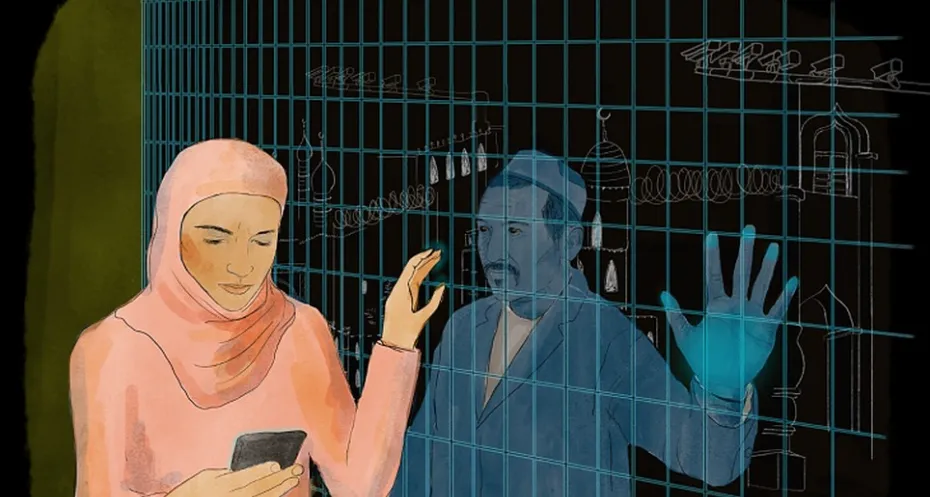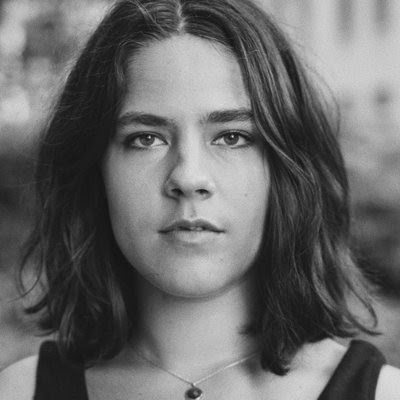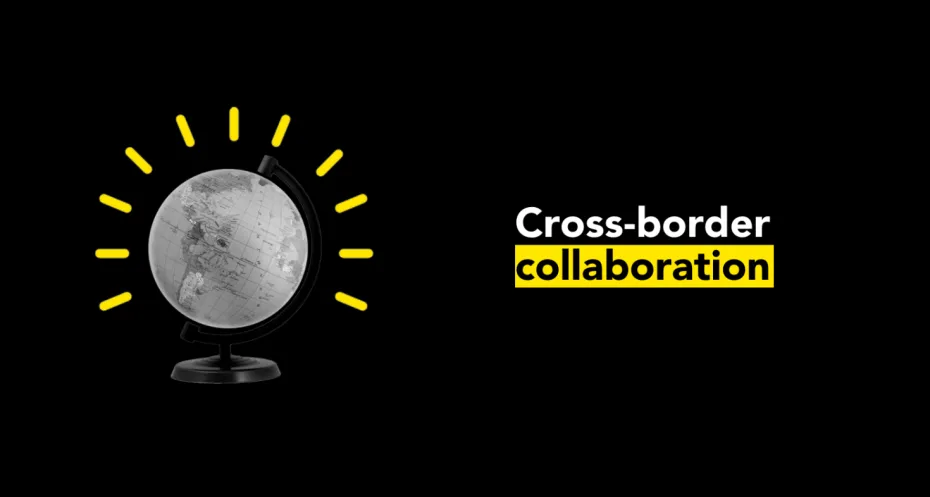Georgian partner Coda Story wins European Press Prize

We are proud to announce that Free Press Unlimited partner Coda Story won the European Press Prize in the category ‘Distinguished Reporting’, for the captivating piece about the oppression of the Uyghur population in Xinjiang, China. The journalist behind the story, Isobel Cockerell, is based in Tbilisi, Georgia and has been part of Coda Story since 2018. We asked her about her experiences in a virtual get together.
How did you feel about being nominated, and ultimately winning the European Press Prize?
“I was astonished to be nominated, and to win! I still haven’t quite got my head around it, but obviously it is a huge honour. I really hope that I can use this opportunity to do more of this kind of work. I am so grateful to the European Press Prize for this recognition, it means so much.”
Why did you decide to write about the Uyghur oppression?
“Until the fall of 2018, I hadn’t heard of the plight of the Uyghurs. But I had always been really interested in the region of North West China. At that time, compelling evidence was emerging about the massive concentration camps that were being built in Xinjiang, and about the oppressive surveillance that was being set up to crack down on the Uyghur Muslim population. Every message, word and movement is monitored by the Chinese government. I was shocked; it was a huge wake up call for me.”
What made you feel compelled to tell this story?
“I think it was a number of things. I have always been interested specifically in telling women’s stories. Most of the people imprisoned in the concentration camps are men, which means a lot of women were left to fend for themselves. Many moved to Istanbul, Turkey to escape the oppression. These women had no choice but to leave their entire lives behind and live this very isolated existence. They are all alone, separated from their loved ones, their families and their former lives.
What also struck me was the digital isolation. Modern life has become so digital; all too often we take it for granted that we can reach the people we love at the touch of a button. That was not the case for these women, and that was a phenomenon that I hadn’t seen before.”
Can you walk me through the process of writing the piece?
“As a small independent news organisation, we didn’t have the resources to actually go to Xinjiang, so I started talking to some of the Uyghur diaspora living in Istanbul, Turkey. I moved deeper and deeper into the community, and came across the group of women that are featured in the piece.
The interview sessions with the Uyghur women were challenging. Working with an interpreter means the conversations take a long time. Because these women had experienced the most horrific human rights violations, the conversations needed to be approached with a great deal of empathy. I had to find a way to discuss the horrors they had endured. But the women were very patient with my questions, and generous with their time.
The writing process took about a month. Organising all the story lines and seeing how I could weave it all together was a huge operation. Fortunately, I was lucky enough to work with two great editors from Coda Story.”
What’s next for you?
“I am still working on Uyghur stories. There are so many more stories to tell. I think it is a massively under-reported subject. I am also working on several Covid-19 stories, with a focus on disinformation and how we can navigate into a post-pandemic world. It is such a crucial time to be working as a journalist.”

You can read the full award winning piece here
Illustration: Natasha Wigoder



